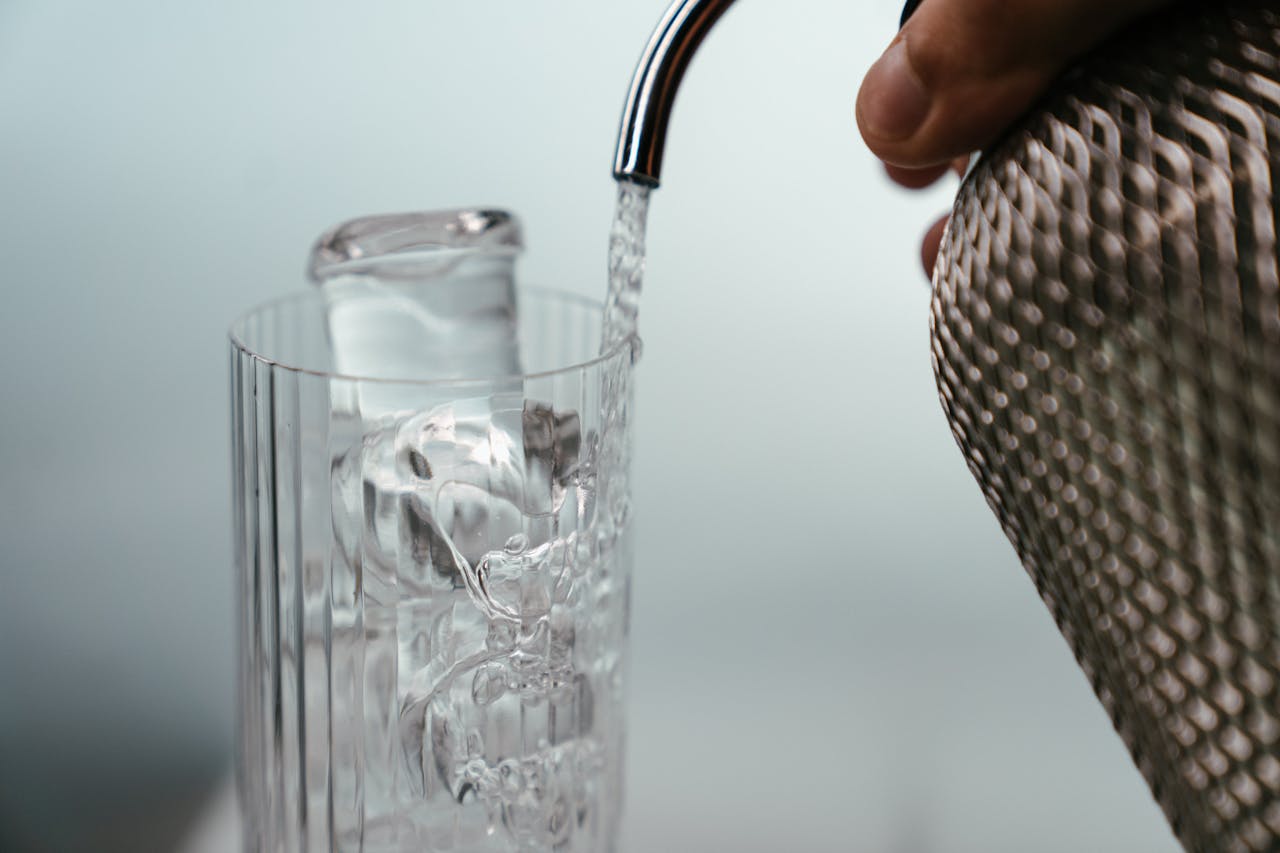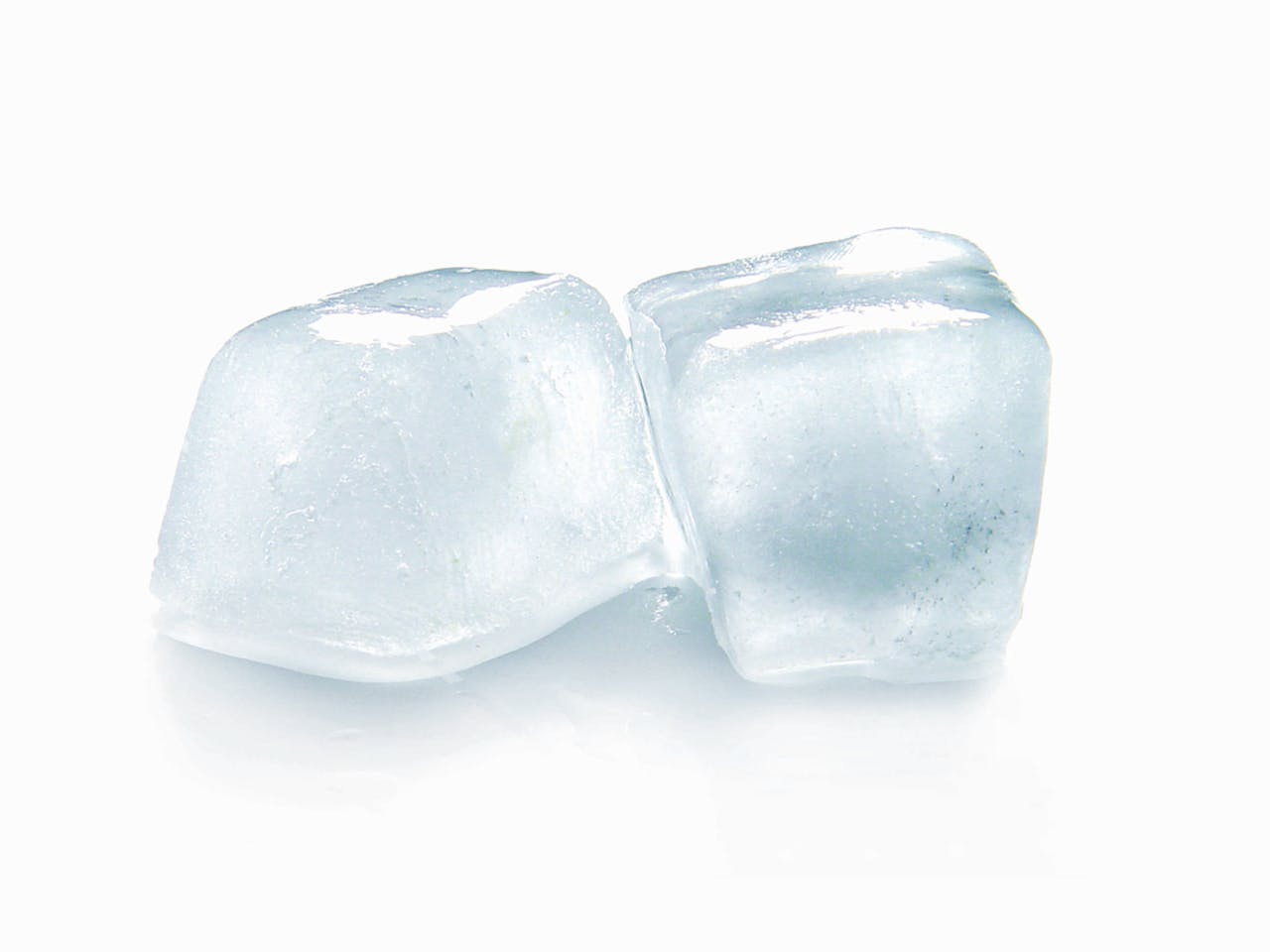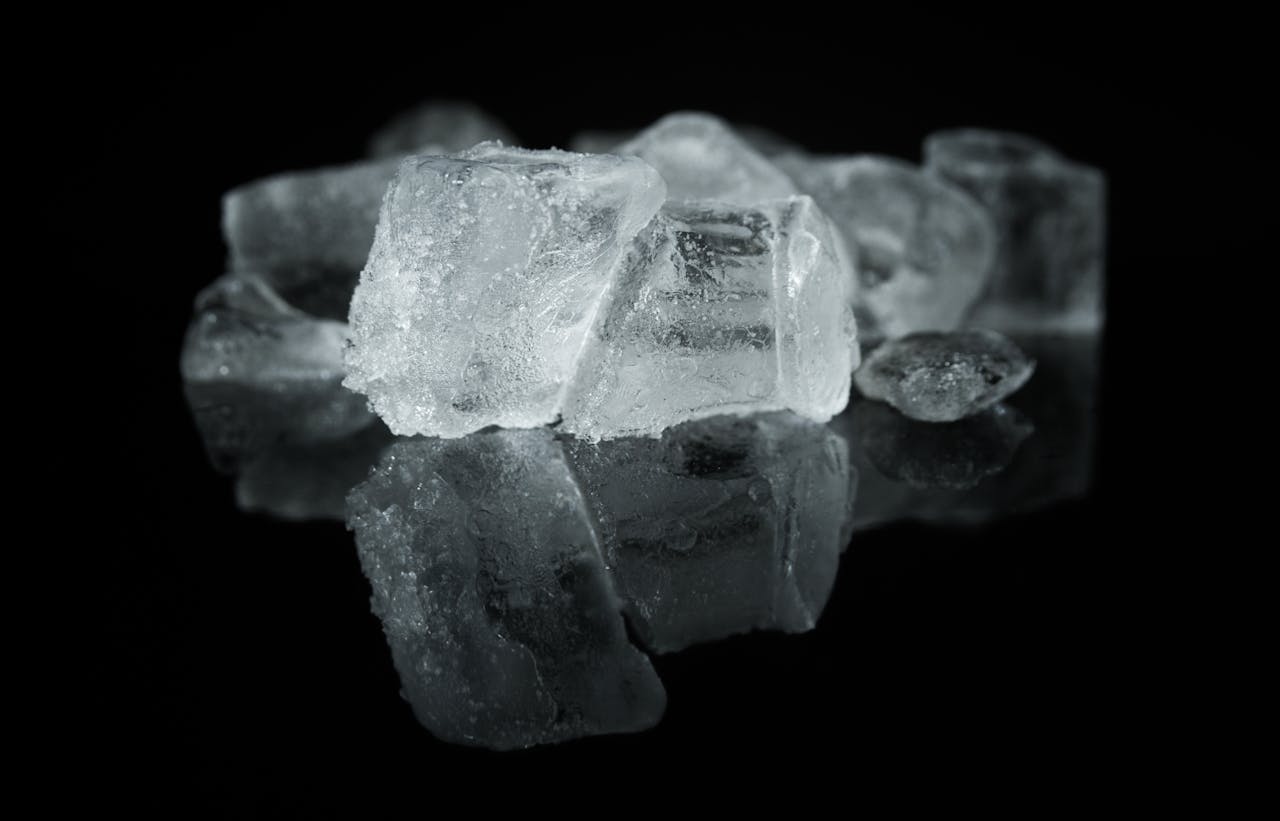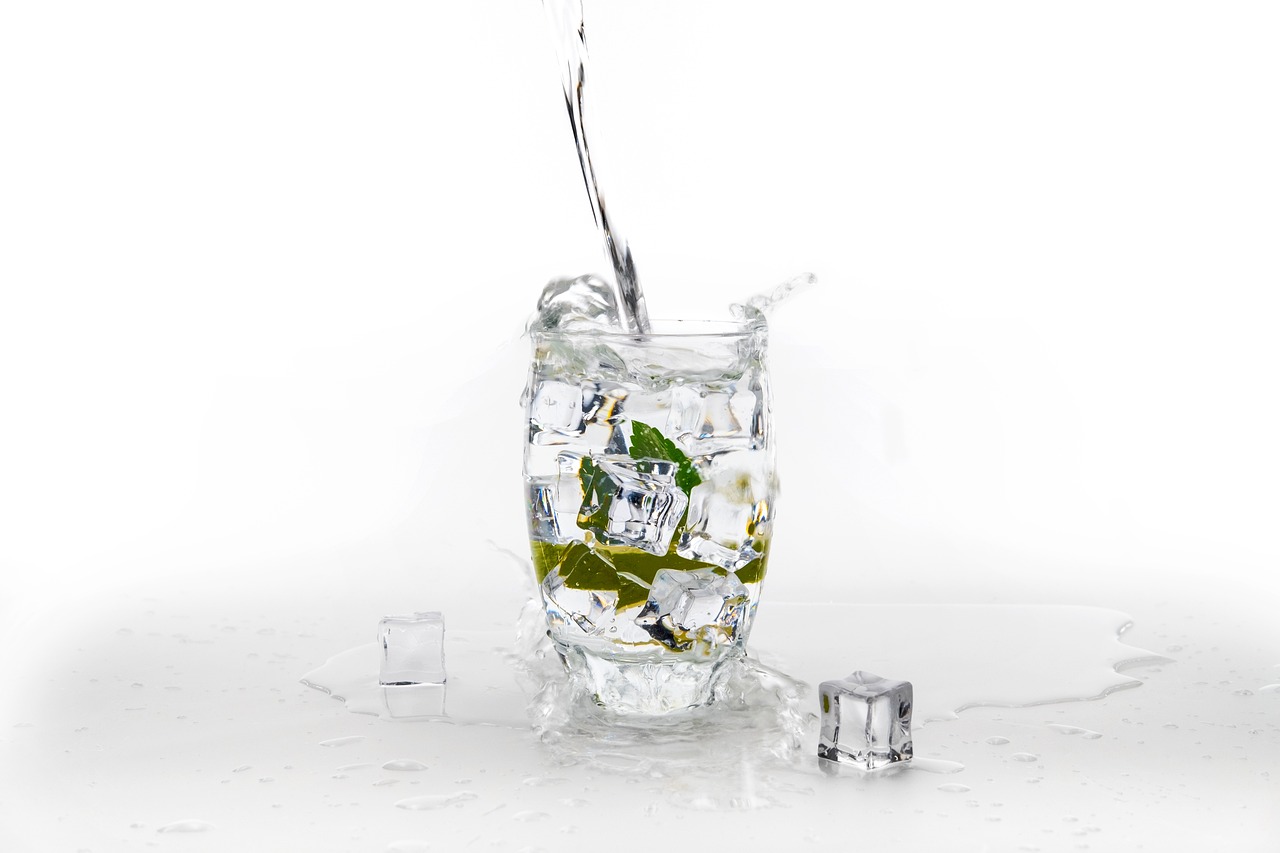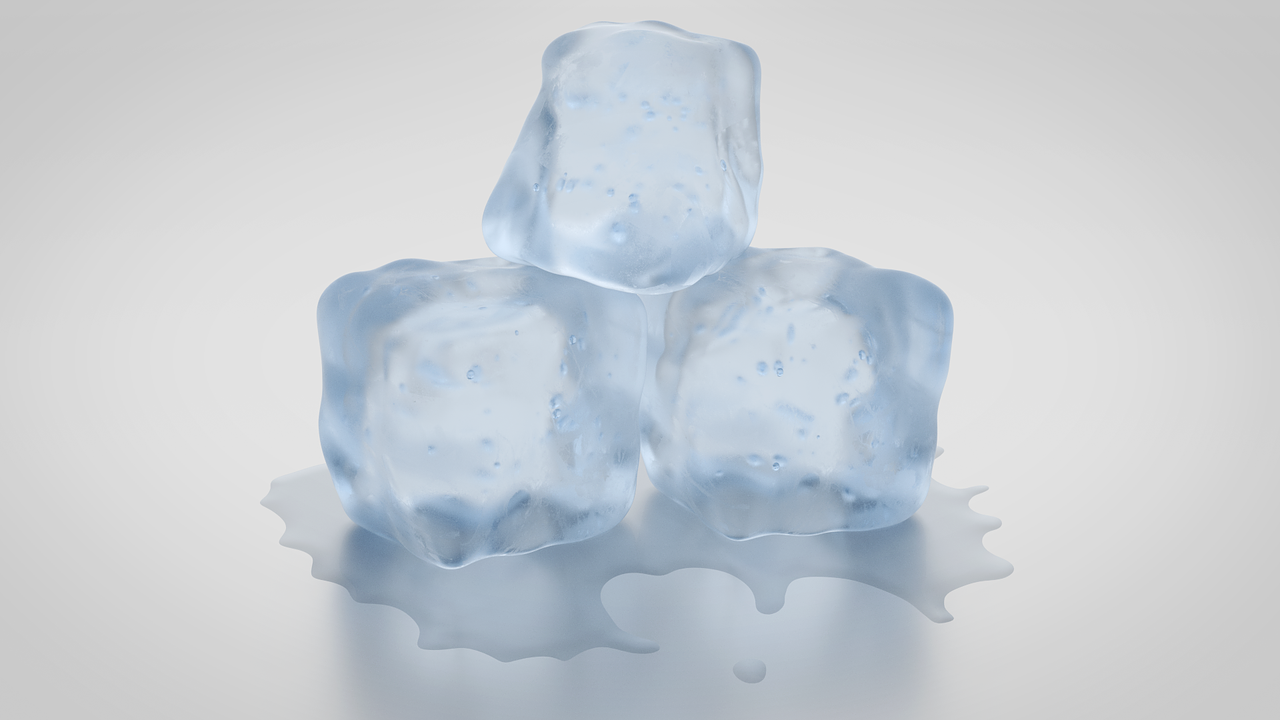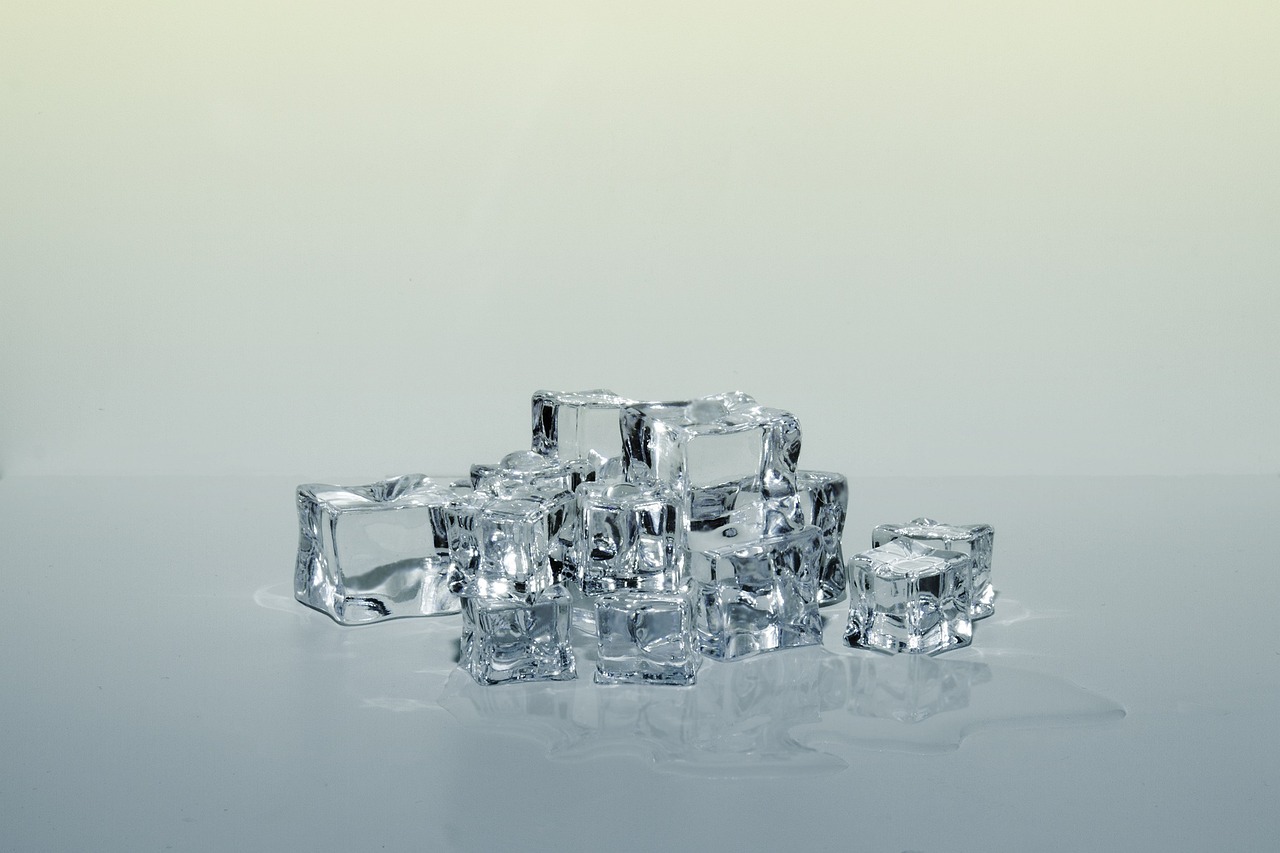Did you know that clogs and jams, along with drain traps, account for over 75% of garbage disposal breakdowns? When faced with a stubborn blockage or malfunction, knowing how to tackle the issue can save you time, money, and frustration. In this guide, we will explore effective strategies to address even the most challenging garbage disposal problems, empowering you to troubleshoot like a pro if the drain is humming or the impeller plate doesn’t work. From simple DIY fixes to when it’s time to call in the experts, we’ve got you covered. Say goodbye to kitchen chaos and hello to smooth-sailing disposal operation with our expert tips and tricks.

Understanding Garbage Disposal
How It Works
Garbage disposals shred food waste into tiny pieces through a grinding mechanism. The impeller plate, a rotating disc with blades, pulverizes the scraps efficiently. Electrical connections power the motor and facilitate the grinding process.
Common Issues
Symptoms like unusual noises or odors indicate a malfunctioning garbage disposal. Detecting leaks and drainage problems early prevents further damage. Clogs can hinder the unit’s performance, leading to inefficient waste disposal.
Importance Of Maintenance
Regular use prevents rust and corrosion in garbage disposals. Routine cleaning ensures the unit’s efficiency by removing buildup. Proper maintenance not only sustains performance but also extends the disposal’s lifespan.
Tools And Materials Needed
Basic Tools
- Wrench: Essential for loosening stuck components during troubleshooting.
- Allen Wrench: Required to rotate the disposal’s motor shaft manually.
- Pliers: Useful for removing debris or foreign objects causing clogs.
- Screwdriver: Necessary for accessing and securing internal parts.
- Flashlight: Ensure visibility in tight spaces while inspecting and repairing.
- Bucket: Catch water or debris that may spill during maintenance tasks.
Safety Gear
- Wear protective gloves to prevent injuries from sharp blades or debris.
- Use safety goggles to shield your eyes from potential splashes or debris.
- Always disconnect power before initiating any repairs to avoid accidents.
Cleaning Supplies
- Utilize dish soap for efficient cleaning of the disposal’s surfaces.
- Ice can be a natural cleaner to help sharpen blades, break down grease, and work.
- Opt for vinegar and baking soda as eco-friendly agents to clean and deodorize the disposal.
Troubleshooting Steps
Check Electrical Connections
To address electrical issues, locate the reset button on the garbage disposal unit and inspect it for any signs of damage or tripping. Check for loose wires or faulty connections that may be causing the problem. Test the outlet using another device to verify that the power supply is reaching the unit.
Rotate Impeller Plate
For resolving impeller jams, safely access the impeller plate in the disposal unit. Use a garbage disposal wrench to manually rotate the impeller. This action helps in freeing up any obstructions that may be causing the jam. Ensure to follow safety guidelines while performing this task.
Use Allen Wrench
When dealing with stubborn clogs, utilize an Allen wrench to rotate the blades inside the garbage disposal. This method is effective in breaking up tough clogs that are hindering the unit’s functionality. Remember to turn the wrench in both directions to dislodge any debris that may be causing the blockage.
Fixing Clogs And Jams
Clearing Clogs
To identify the source of a clog, check if the disposal makes a humming noise without grinding. Use a flashlight to inspect for any visible blockages. Next, insert a plunger into the drain and push up and down vigorously to dislodge food particles.
When faced with a jammed disposal, manually moving the blades can help clear the obstruction. First, locate the hex hole at the bottom of the disposal unit. Then, use an Allen wrench to turn the blades clockwise and counterclockwise until they move freely.
Running cold water while clearing clogs is essential to aid in flushing out debris effectively. The cold water helps solidify any grease or oils, allowing them to be chopped up and washed away. Remember to keep the water running for a few seconds after the disposal has cleared.
Unjamming Blades
Assessing whether the blades are jammed involves listening for unusual noises or vibrations coming from the disposal. If you suspect a jam, switch off the unit immediately to prevent further damage. Carefully inspect for any foreign objects causing the jam.
When manually moving the blades, always ensure the disposal is switched off and unplugged for safety. Avoid using your hands directly; instead, use a wooden spoon or tongs to gently rotate the blades. Exercise caution to prevent accidents or injuries during this process.
Using Plunger
For effective plunging, create a tight seal around the drain opening with the plunger cup. Apply downward pressure while maintaining the seal to generate suction. Perform short, forceful plunges rather than long, continuous ones for better results.
To enhance plunging efficiency, fill the sink with enough water to cover the plunger cup halfway. This additional water helps create more pressure when plunging. Remember to keep repeating the plunging motion until you feel the clog breaking free.
Addressing Leaks
Leaks From Top
Garbage disposal leaks from the top can be frustrating, but identifying the causes is crucial. One common reason for top leaks is a loose mounting flange. To address this issue, start by tightening the mounting flange securely. This step helps create a watertight seal and prevents leaks. Another important tip is to replace any old sealant around the flange to ensure a secure fit and avoid future leaks.
Leaks From Bottom
When dealing with leaks from the bottom of a garbage disposal, it’s essential to understand the root causes. Common reasons for bottom leaks include cracks or damage to the unit itself. To tackle this, carefully inspect the disposal for any visible cracks or signs of damage. After identifying potential issues, focus on tightening all connections and seals within the disposal unit. This action helps prevent leakage and ensures the proper functioning of the appliance.
Best Disposal Practices
Safe Items To Dispose
When using your disposal, list safe food items like vegetable scraps that can be disposed of without causing clogs. To prevent jams, it’s crucial to highlight the importance of cutting larger food pieces into smaller bits. Always recommend running water while disposing of safe items to aid in flushing out the waste efficiently.
Foods To Avoid
Certain foods can lead to troublesome clogs in your disposal system. Identify common culprits like fibrous vegetables that can entangle the blades and cause blockages. It’s essential to warn against disposing of grease or oil, as they can solidify and obstruct the pipes. Moreover, starchy foods should be avoided as they have the potential to expand and create severe blockages.
Proper Disposal Techniques
To ensure the smooth operation of your disposal unit, instruct on the correct way to feed food waste into it. Always recommend running the disposal for a few seconds after use to clear any remaining food particles. Emphasize the significance of using cold water during operation as it helps solidify any greasy substances and ensures smoother waste flow.
Routine Maintenance Tips
Regular Cleaning
To maintain disposal hygiene, establish a cleaning schedule that includes using a mixture of vinegar and baking soda monthly. This simple routine helps prevent clogs and keeps the disposal running smoothly. Regular cleaning also ensures that the disposal remains odor-free, creating a more pleasant kitchen environment.
- Establish a cleaning schedule
- Use vinegar and baking soda monthly
- Prevent clogs and maintain smooth operation
Extending Lifespan
Daily habits play a crucial role in extending the lifespan of your garbage disposal. Avoid overloading the unit to prevent strain on the motor and blades. conduct regular inspections to check for any signs of wear and tear, addressing issues promptly to prevent further damage.
- Avoid overloading the unit
- Conduct regular inspections
- Address wear and tear promptly
Preventive Measures
Installing a splash guard is a simple yet effective way to minimize mess during disposal use. Running ice through the disposal regularly helps keep the blades sharp, ensuring efficient operation. It’s essential to educate all household members about proper disposal use to prevent misuse and prolong the unit’s lifespan.
- Install a splash guard
- Run ice through the disposal
- Educate household members on the proper use
When To Call A Professional
Identifying Major Issues
Noticing unusual noises or experiencing persistent clogs in your garbage disposal can be clear indicators of serious problems. These issues often signify underlying clogs and jams that require professional intervention. frequent leaks or electrical malfunctions are red flags that should not be ignored.
When faced with strange sounds emanating from the disposal unit or finding it continuously getting clogged, it’s crucial to seek professional assistance promptly. These symptoms typically indicate complex mechanical issues that demand expert attention. Moreover, if you notice frequent leaks or electrical problems, it’s advisable to contact a professional immediately.
Professional Help Benefits
Hiring a professional for garbage disposal repair comes with several advantages. Professionals possess the necessary expertise to accurately diagnose and address complex issues efficiently. Their in-depth knowledge enables them to tackle problems effectively, ensuring the long-term functionality of the unit.
One of the primary benefits of seeking professional help is the time-saving aspect it offers. Professionals can swiftly identify and resolve problems, saving you the time and effort required for troubleshooting on your own. By entrusting the repair to experts, you can rest assured that the issue will be addressed promptly and effectively.
Closing Thoughts
Now that you’re equipped with the knowledge and tools to tackle garbage disposal issues, you can confidently troubleshoot clogs, jams, leaks, and more. By following the best practices and maintenance tips outlined, you’ll not only keep your disposal running smoothly but also extend its lifespan. Remember, regular care and attention to your garbage disposal will save you time, money, and hassle in the long run.
Don’t let a malfunctioning garbage disposal disrupt your kitchen routine. Take charge of minor repairs and maintenance tasks using the insights shared here. If you encounter persistent issues or feel unsure about a repair, don’t hesitate to seek professional assistance. Your proactive approach to garbage disposal care will ensure a clean and efficient kitchen environment for years to come.
Frequently Asked Questions
1. How Can I Prevent Garbage Disposal Clogs?
To prevent clogs, avoid putting fibrous or starchy foods, grease, and large food items down the disposal. Run cold water while using the disposal and periodically grind ice cubes to clean the blades.
2. What Tools Do I Need For Garbage Disposal Repair?
Common tools include an Allen wrench, pliers, a flashlight, and a bucket. You may also need a screwdriver, hex key, and a pipe wrench for more advanced repairs.
3. How Do I Troubleshoot A Malfunctioning Garbage Disposal?
First, check if it’s receiving power. If not, reset the unit. If it’s jammed, use an Allen wrench to manually turn the disposal blades. Check for any leaks or strange noises as well.
4. Can I Fix A Leaking Garbage Disposal Myself?
Yes, you can fix minor leaks by tightening connections or replacing worn-out parts like the flange or gasket. However, if the leak persists after these steps, it’s best to consult a professional plumber.
5. When Should I Consider Calling A Professional For Garbage Disposal Repair?
If you’ve tried troubleshooting steps and the disposal still doesn’t work, there are persistent leaks, or you’re unsure about handling electrical components safely, it’s time to call a professional plumber for expert assistance.
Zuta Appliance Repair: Transform Your Berkeley Kitchen With Expert Garbage Disposal Repair
In the heart of Berkeley, CA, Zuta Appliance Repair is your trusted partner for maintaining the comfort and functionality of your home. Understanding the essential role your garbage disposal plays in your kitchen, we are dedicated to delivering top-tier repair services. Our expertise not only ensures that your disposal runs smoothly, preventing kitchen disruptions but also helps to optimize your home’s overall efficiency. With Zuta Appliance Repair, you’re not just receiving a service; you’re gaining a commitment to quality, integrity, and environmental responsibility, enhancing both your kitchen’s performance and your quality of life.
Experience comprehensive solutions to all your garbage disposal issues with Zuta Appliance Repair. Our specialized repair services are designed to extend the lifespan of your appliance and keep your kitchen functioning efficiently. Our skilled team, equipped with unmatched expertise and a friendly approach, offers cost-effective and eco-friendly solutions. This is more than just a repair service; it’s about the peace of mind that comes with a smoothly operating home. Choose Zuta Appliance Repair for an improved lifestyle. Contact us now at (415) 592-4633 and let us ensure your garbage disposal remains a reliable component of your daily life, offering convenience, efficiency, and peace of mind.
Disclaimer
The materials available on this website are for informational and entertainment purposes only and not to provide legal or professional advice. You should contact your attorney or home improvement specialist to obtain advice concerning any particular issue or problem. You should not act or refrain from acting based on any content included in this site without seeking legal or other professional advice. The information presented on this website may not reflect the most current home improvement developments. No action should be taken in reliance on the information on this website. We disclaim all liability concerning actions taken or not taken based on any or all of the contents of this site to the fullest extent permitted by law.

